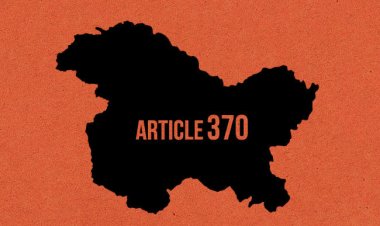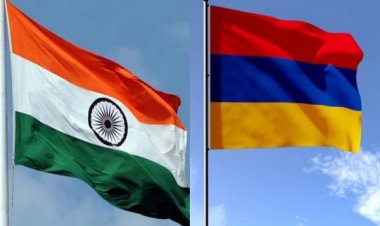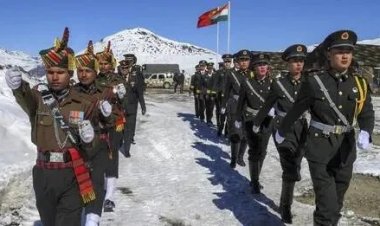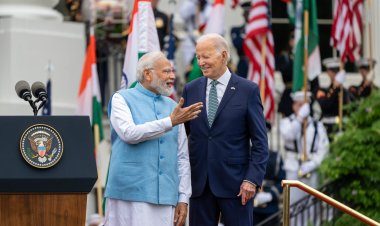Covering their Tracks: the Lost Story of Mohatta Palace
On 9th October 2021, a 'High Court' for the province of Sindh, Pakistan pronounced that 'Mohatta Palace' in Karachi be named henceforth as 'qasr-e-Fatima' and not 'Mohatta Palace'; also, the property be converted into a Medical college.
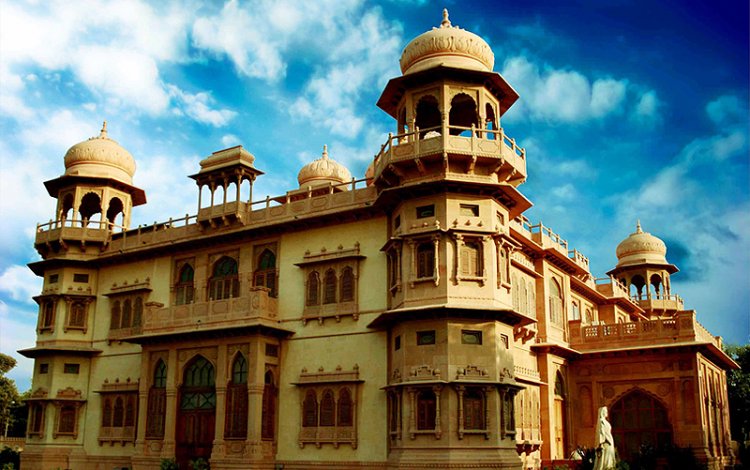
Commentary
Committing a wrong must have its own psychological weight that it further demands ill-actions to be performed by the perpetrator. The distortion with which the criminal gets himself condemned to live even when no retribution apparently visits him is probably the cosmic way of Order and Justice.
On 9th Oct. 2021, a ‘High Court’ for the province of Sindh, Pakistan pronounced that ‘Mohatta Palace’ in Karachi be named henceforth as ‘qasr-e-Fatima’ and not ‘Mohatta Palace’; also, the property be converted into a Medical college!
I had heard about the story of ‘Mohatta-Palace’, (Appropriately speaking, it should have been named ‘Mohata palace’; the readers will appreciate as we progress in the story) and therefore this piece of news struck. The story goes like this:
There was a Marwari businessman named Shiv Ratan Mohata, hailing from the erstwhile state of Bikaner, in Rajasthan. Mohata had made fortune in Shipping and Trading. In the 1920s Mohata’s wife took ill and he was advised by doctors to take her to a place where she could breathe fresh sea wind. Mohata decided in favour of the bustling coastal city of Karachi over other cities like Bombay! Mohata brought Agha Hussain Ahmed, a prominent architect of the times from Jaipur; stones were fetched from Jodhpur and built a large, beautiful palace in Clifton, a posh locality on the seashore of Karachi. It came to be known as ‘Mohata Palace’.
Shiv Ratan Mohata being a prominent businessman had to show deference to all-powerful persons. On his visits to Karachi, even Muhammad Ali Jinnah would choose to stay at ‘Mohata Palace’!
Meanwhile, Britain had decided to free India and Muslim League’s demand for Pakistan was granted by the partitioning country, which left Karachi and Mohata Palace in the newly carved out country of Pakistan!
Unprecedented communal violence ensued in the country; about 50 lakh Hindus and Sikhs left their ancestral land to move to India and live as refugees; Shiv Ratan Mohata decided to stay put in Karachi.
Maybe because Sindh was relatively calm or it’s also possible that Shiv Ratan Mohata was confident due to his status in the society and therefore he could count upon many powerful people who had enjoyed his hospitality. Mohammad Ali Jinnah himself had stayed in Mohata Palace on many occasions. Also, ‘Mohata Palace’ was his labour of love, it housed memories of his beloved wife. Mohata had, thus, many reasons to hang on.
Unfortunately, gratitude and other such emotions didn’t factor in the reckonings of powerful persons who had won Pakistan. More so when Pakistan was conceived and realised by those who had historically considered other’s property, among many other things, as ‘Maal e Ghanimat’! Shiv Ratan Mohata, therefore, was in for a shock!
Mohammed Ali Jinnah, the supreme leader of the newly carved out Pakistan had set his eyes on the abode of Shiv Ratan Mohata. Palaces are inhabited by those who wield power. Jinnah sent a word to Shiv Ratan Mohata to vacate the bungalow for him!
Shiv Ratan Mohata felt as if struck by the bolt of lightening, as if the ground had shifted beneath his feet!
Shiv Ratan Mohata packed up his belongings and the very next morning set out for Mumbai. He handed the keys of ‘Mohata Palace’ to the manager of the property with a message for Mr. Jinnah; ‘I could have gifted the Palace if I had been requested; ordering me to vacate my house for him, will show him to the posterity as ‘usurper’ of the property!’
Then onwards the property was “owned” by relatives of Jinnah and subsequently, it housed certain offices of the Pakistani Government and finally it came to be a museum. Jinnahs haven’t renounced their “right to ownership” of the property and hence the legal squabbling over it and the latest court pronouncement.
Any case where usurpers of the common citizens’ property are national icons; erasure of the past is reasonable progression. The Sindh High Court and Pakistani society are merely carrying the process further, to its logical culmination.
Disclaimer: This article is the author’s individual scholastic contribution and does not necessarily reflect the organisation’s viewpoint.
The identity of the author is undisclosed as he/she is serving government employee and bound by services conduct rules.





